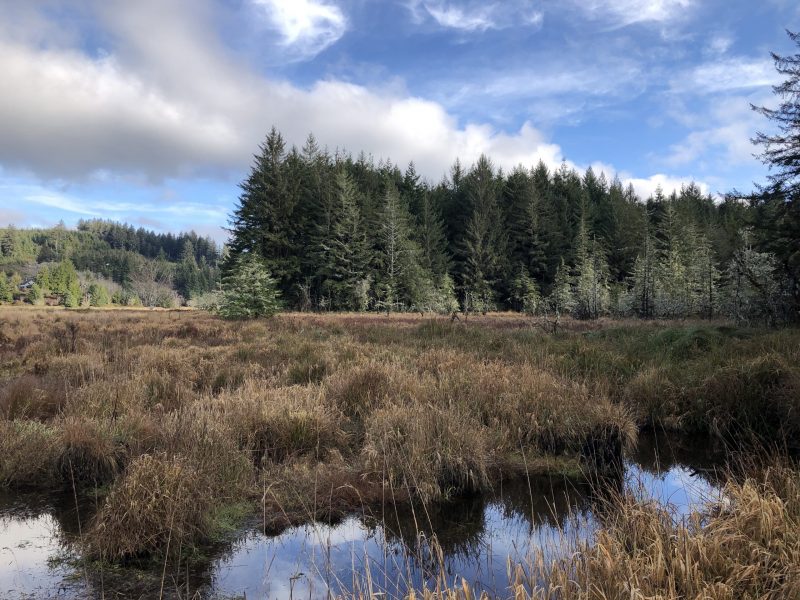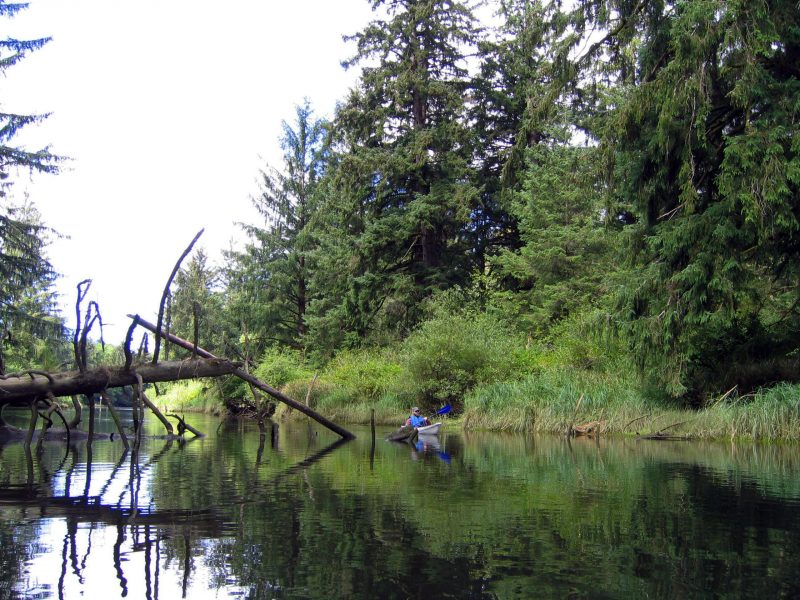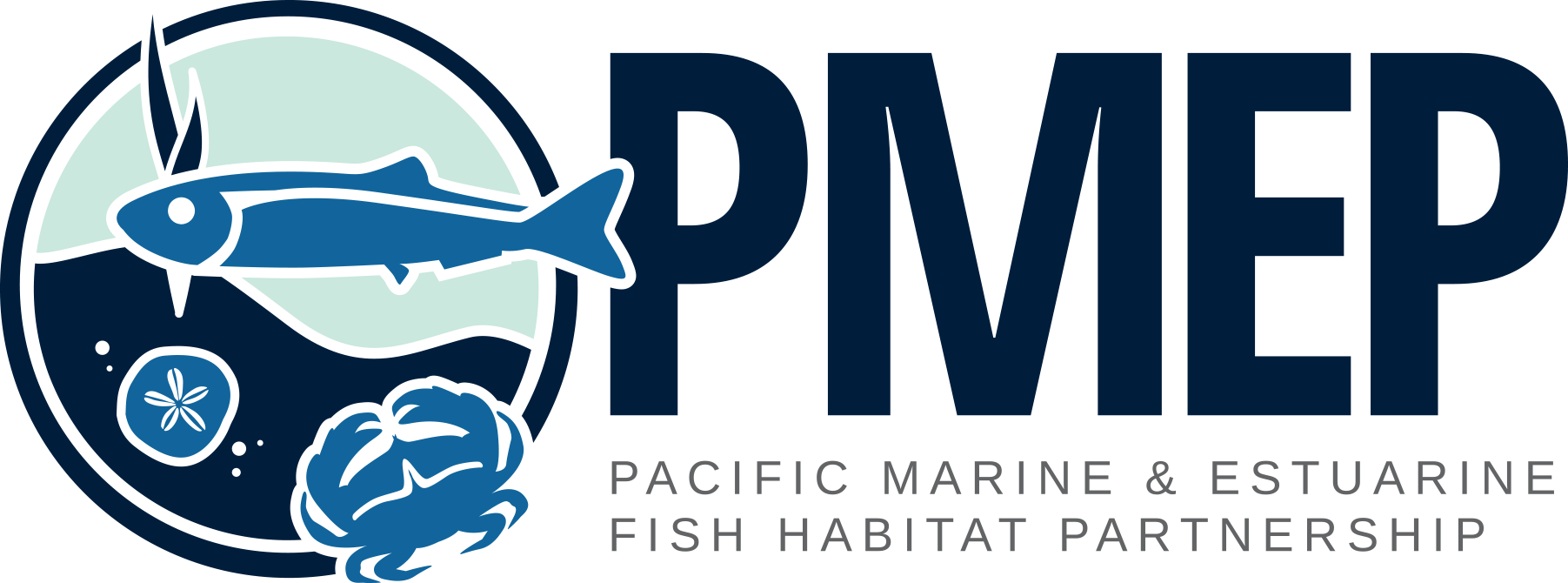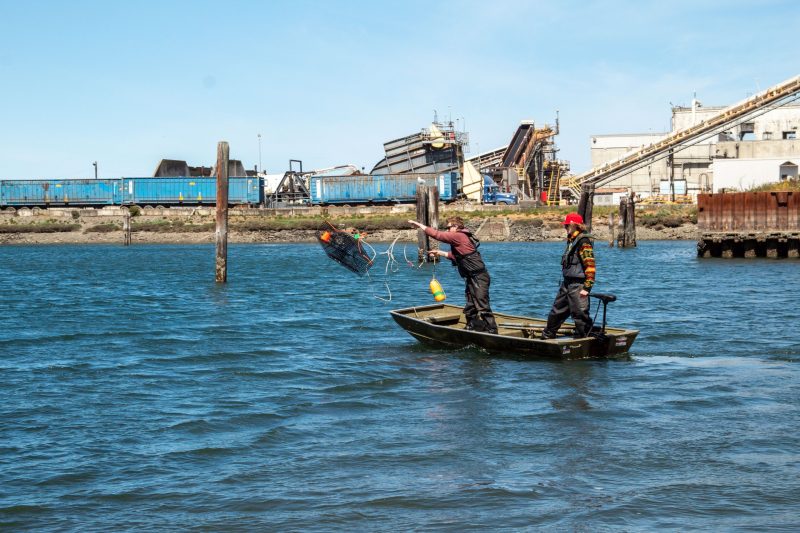PMEP is proud to support the Lower Elwha Klallam Tribe’s Biological Assessment of the Ediz Hook Lagoon with funding from the National Fish Habitat Partnership. The Tribe will conduct field surveys to determine fish and shellfish use of a 28-acre estuarine lagoon at the base of Ediz Hook in Port Angeles, Washington. The project will provide an assessment of what species (fish and shellfish) are present in the lagoon, along with continuous water quality data to inform future restoration/clean-up activities.

- July 30, 2024
- Joan Drinkwin
- Announcement, Funding
- 0 comments
PMEP is thrilled to provide FY24 National Fish Habitat Partnership funding to the Midcoast Watersheds Council to complete the design of its Bayview Oxbow Tidal Restoration in Alsea Bay, Oregon. When constructed this project will restore tidal conditions to one half of an old oxbow of the Alsea River, restoring about 34% of the tidal wetlands that have been lost. It is one of the largest (75 acre) remaining restoration sites on the Alsea.

- June 5, 2024
- Joan Drinkwin
- Publication
- 0 comments
PMEP is thrilled to announce the completion of our latest assessment report Restoring Tidal Swamps in the U.S. Pacific Northwest: Information for Restoration Practitioners. Tidal swamps were historically common in the Pacific Northwest but are now rare, having been lost at greater rates than other types of tidal wetlands in many areas. This report provides information on early efforts in the emerging field of tidal swamp restoration, including documentation of 14 active tidal swamp restoration projects in the Pacific Northwest. The report provides an overview of the ecological importance of tidal swamps, the importance of restoring these valuable habitats, and unique challenges that practitioners should consider when approaching their restoration. The report includes information on reference site selection, elevated platforms, reed canarygrass control, large woody debris and channel design, beaver monitoring, and effectiveness monitoring. Find the full report HERE.

